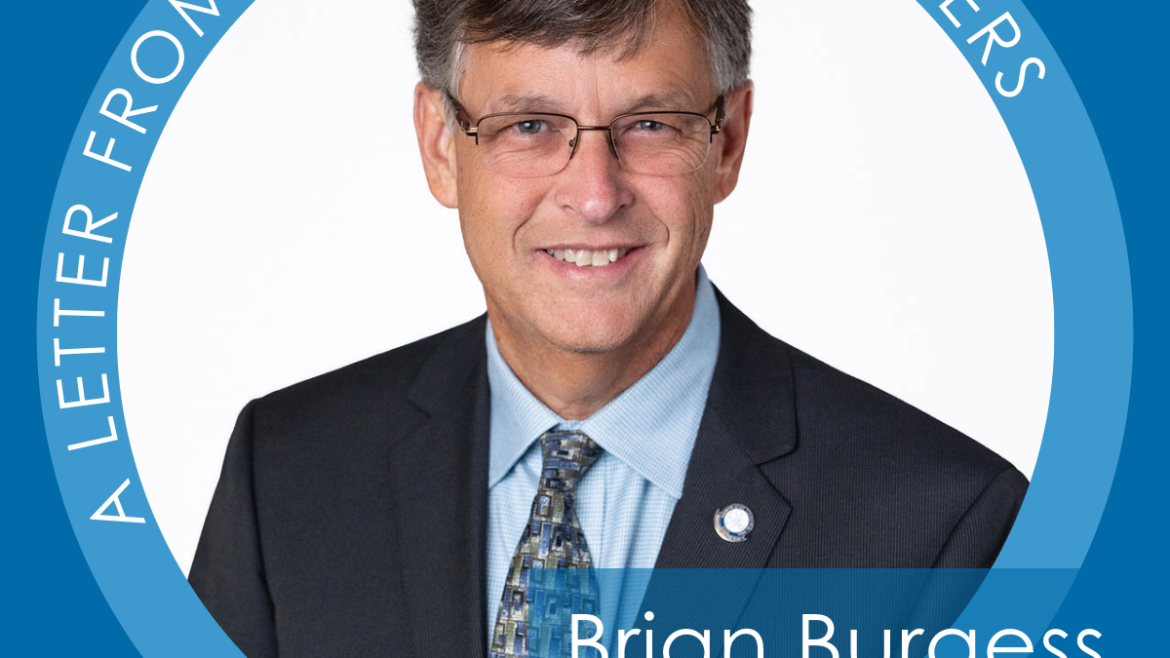Very unsettling news that became public this week has sent a shockwave through the Catholic charitable community. As it impacts one the largest and most important Catholic international aid organizations, it demands reflection and a realization of how policy that might appear to address one issue can have devastating impact on innocents.
Catholic Relief Services, CRS, is bracing for massive cuts — as much as 50% this year — because of draconian reductions in U.S. foreign assistance ordered by the new administration.
CRS is the top recipient of funds for foreign aid to support people in need around the world, aid which the administration has targeted with a spending freeze. Layoffs have already begun, as CRS has been forced to begin shutting down programs, as close to half of the organization’s $1.5 billion budget has been slashed. The cuts would amount to one of the biggest blows ever to CRS, founded in 1943 by Catholic bishops in the United States to serve World War II survivors in Europe. CRS reaches more than 200 million people in 121 countries on five continents.
This is a tragic outcome for people around the world who rely on CRS and others who believe in the call of Christ to ‘love your neighbor’ for survival. It is important that we pray for our sisters and brothers at CRS who are doing God’s work as they go through this turmoil, that we pray for the innocents who will suffer because of these actions, and for an understanding by policymakers of the universal impact of their actions and a consideration of all impacted by those actions before they are taken.
This is not about politics. Politicians get elected and they have a right to enact the policies that they ran on and were elected on. No, this is about morality and doing what is right. This is about not cutting off your head because you have a cold. This is about not blowing up your house because your sink leaks. This is about thinking about the impact of your actions before you take them.
There is no excuse for making the poor, the hungry, the homeless, and the sick suffer while you ‘study’ the massive expenditures of the federal government. If there is waste, identify where, and cut it. You’ll be applauded. Don’t shut down vital lifesaving aid to millions while you look — people die that way. Look first, act second.
This is about the fact that we, as Christians, believe that caring for the poor, the homeless, the sick, and the elderly is not just a moral duty. It’s a divine mandate from God and Jesus. This obligation is deeply rooted in the teachings of the Bible and the example set by Jesus Christ during His earthly ministry.
The Bible is replete with verses that emphasize the importance of helping those in need. In the Old Testament, God commands His people to care for the less fortunate. For instance, in Deuteronomy 15:11, it is written, “For there will never cease to be poor in the land. Therefore, I command you, ‘You shall open wide your hand to your brother, to the needy and to the poor, in your land.'” This verse highlights the perpetual presence of poverty and the continuous need for generosity and compassion.
The teachings of Jesus in the New Testament further reinforce this obligation. Jesus’ ministry was marked by His compassion for the marginalized and the suffering. In Matthew 25:35-40, Jesus speaks about the final judgment and identifies Himself with the needy. We know that this passage underscores the idea that serving the needy is equivalent to serving Christ Himself.
Moreover, the parable of the Good Samaritan (Luke 10:25-37) illustrates the call to love and care for others, regardless of their background or circumstances. The Samaritan’s actions demonstrate that true neighborly love transcends social and ethnic boundaries and is characterized by mercy and compassion.
The early Christian community also exemplified this mandate. In Acts 2:44-45, it is recorded that “all who believed were together and had all things in common. And they were selling their possessions and belongings and distributing the proceeds to all, as any had need.” This communal sharing and support for the needy were foundational to the early Church’s identity and mission.
So too do Governments have a fundamental obligation to support those in need during policy making. This responsibility is rooted in the principles of life, liberty, justice, and the common good. Effective governance requires that policies are designed to uplift the most vulnerable members of society, ensuring that everyone has access to basic necessities and opportunities for a better life.
Historically, U.S. governmental entities (both Republican and Democratic) have reached out to Catholic organizations in order to deliver social services more effectively and efficiently. America has a profound moral obligation to support those in need, both domestically and globally. This responsibility stems from the nation’s values of justice, compassion, and leadership. As a global leader, the United States has the capacity and resources to make a significant impact on alleviating suffering worldwide.
Moreover, America’s history of humanitarian aid reflects its commitment to global welfare. The Marshall Plan, for instance, helped rebuild Europe after World War II, demonstrating the nation’s dedication to fostering stability and prosperity beyond its borders. By supporting those in need globally, America not only fulfills its moral obligations but also promotes peace, stability, and goodwill. This approach fosters international cooperation and strengthens global partnerships, ultimately contributing to a more just and peaceful world.
In summary, Christians are called to care for the poor, the homeless, the sick, and the elderly as a reflection of God’s love and compassion. This mandate is not merely a suggestion, but a fundamental aspect of Christian discipleship, rooted in the teachings of the Bible and the example of Jesus Christ. By serving those in need, Christians fulfill their divine obligation and embody the love of Christ in the world.
Peace and God’s blessings,
John
John Berry
SVdP National President






